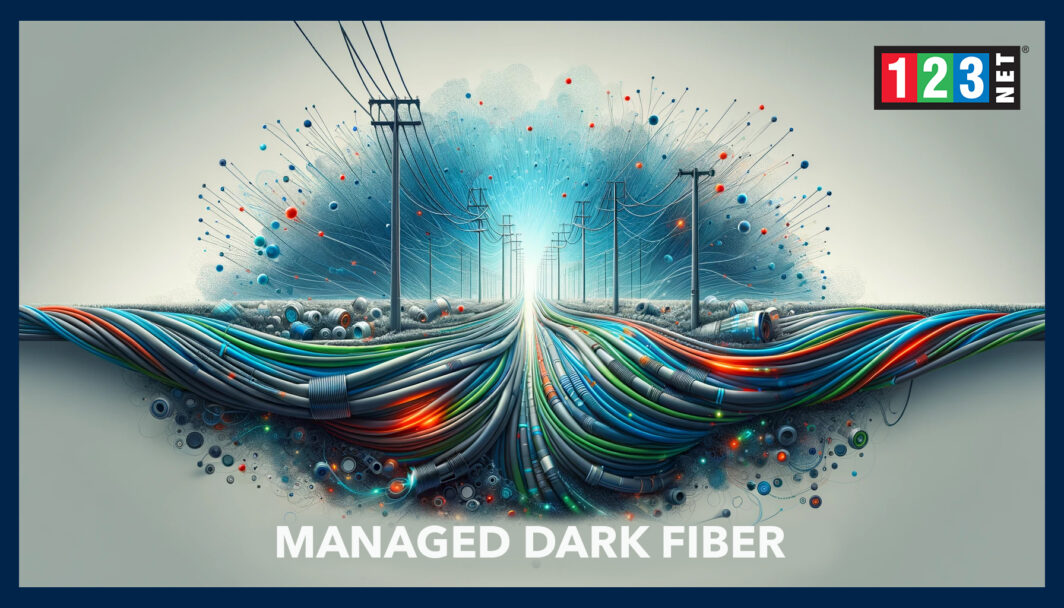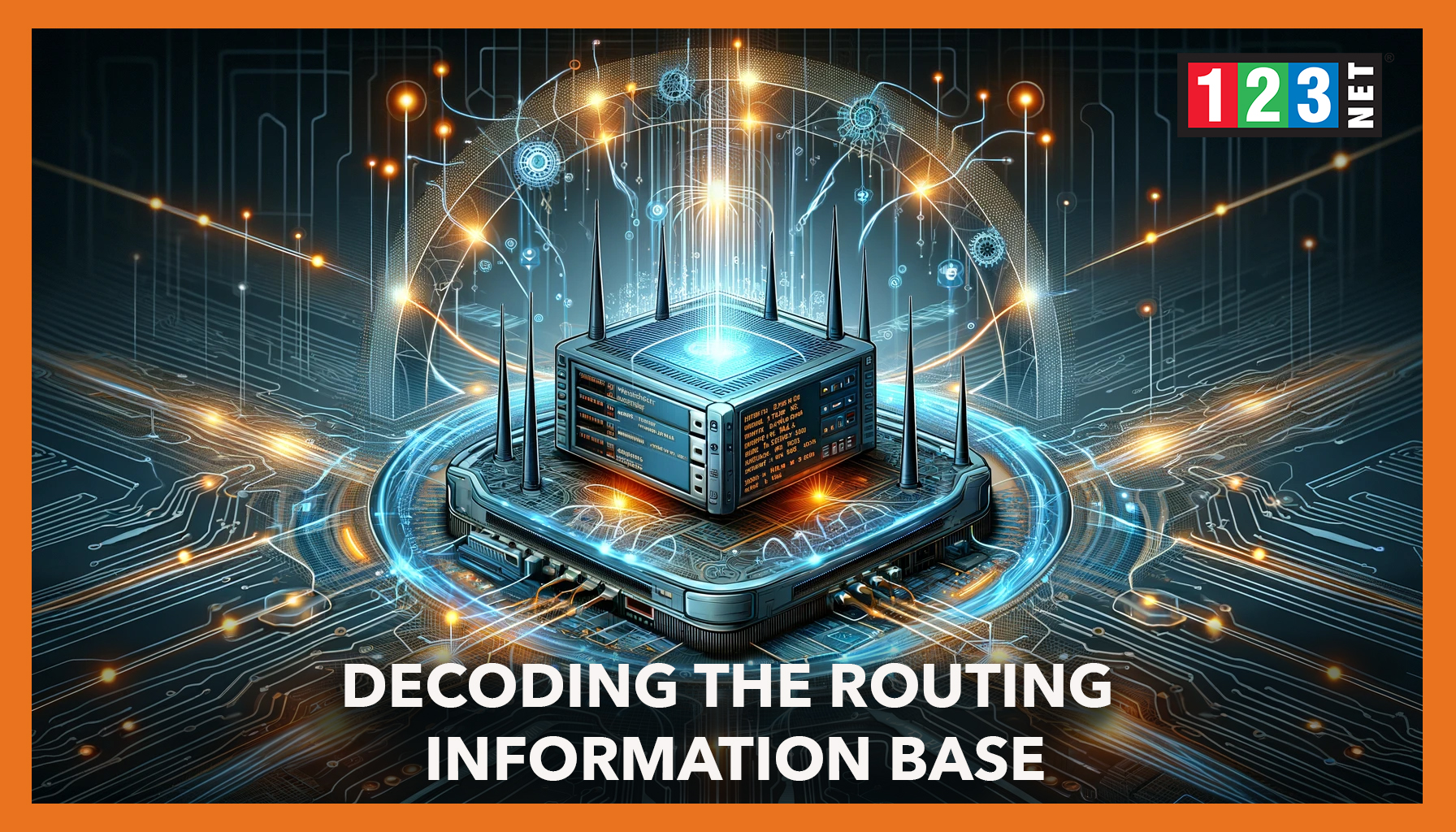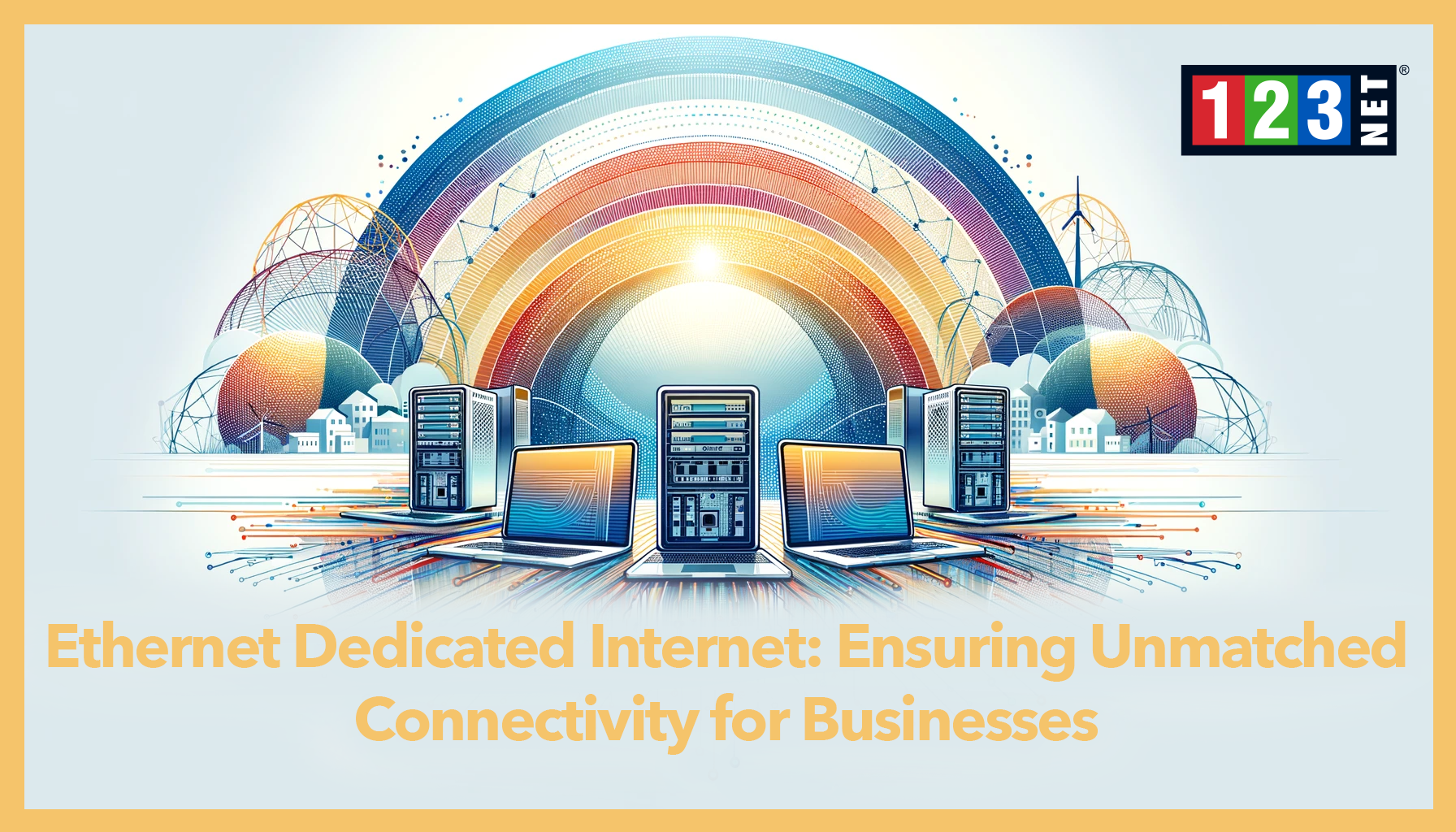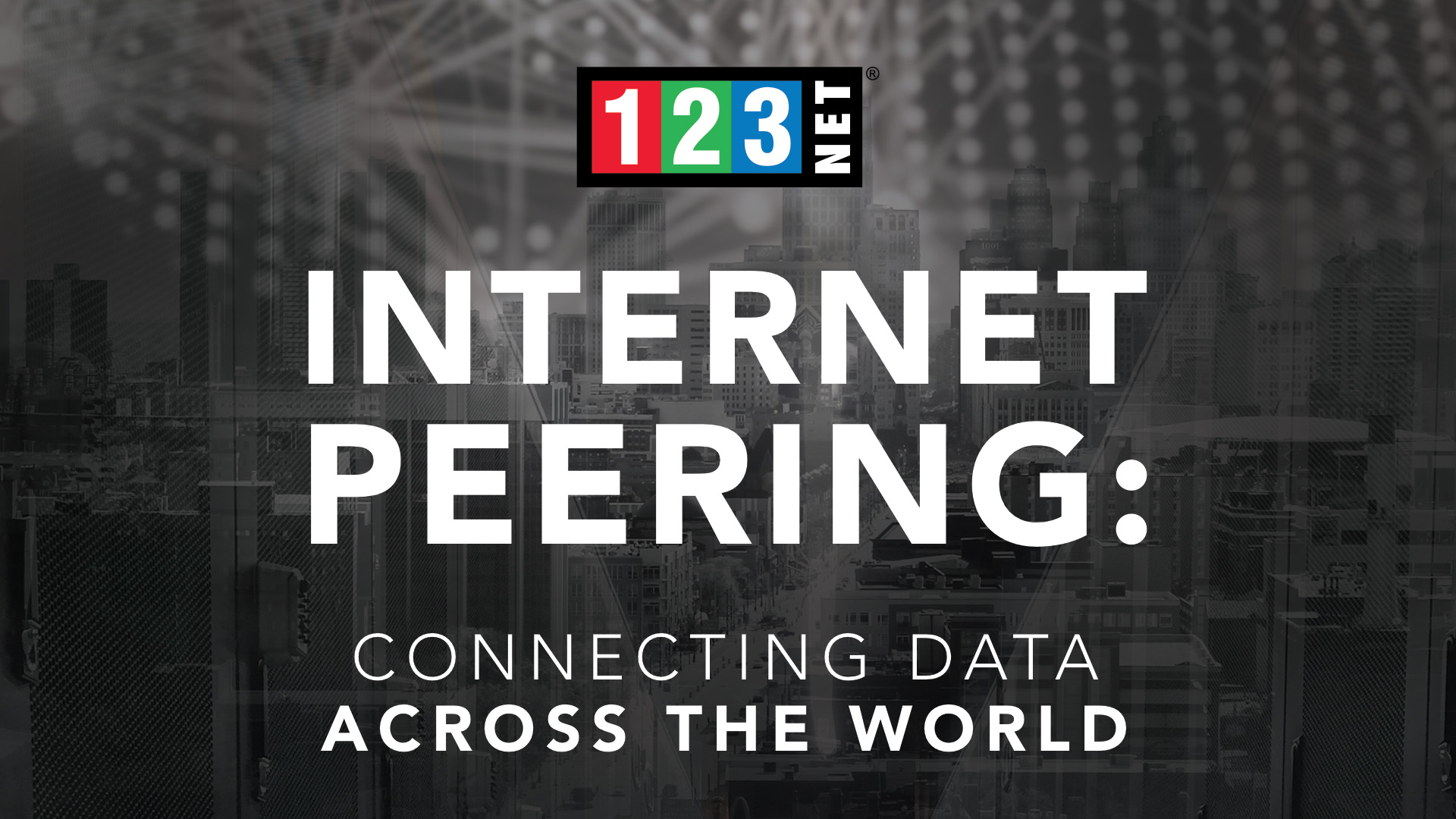
Introduction
In today’s digital age, the internet is essential for both work and leisure, driving the demand for better connections. Dedicated fiber internet emerges as a leading solution in this quest. It surpasses traditional broadband by offering unmatched speed and dependability. This technology is becoming the go-to for businesses and, more recently, for residential users too. Our exploration into dedicated fiber internet reveals its advantages, how it operates, and its potential as your next internet service. With its introduction, users experience fewer disruptions and enjoy quicker access to online content. Its reliability and efficiency make it a superior choice, particularly for operations requiring stable connections. This piece investigates the impact of dedicated fiber internet on modern connectivity, illustrating its significance in the current internet landscape. It’s a promising option for those seeking improved internet performance, highlighting its role in enhancing online experiences. Through this discussion, we aim to provide insights into why dedicated fiber internet could be the solution to your connectivity needs.
What is Dedicated Fiber Internet?
Dedicated fiber internet utilizes fiber-optic technology to elevate internet service standards. It achieves unprecedented high-speed connectivity, distinct from shared connections. In shared setups, bandwidth is split among multiple users, often causing speed inconsistencies. Conversely, dedicated fiber provides a private connection, guaranteeing stable speeds at all times. This method employs light to move data across fiber cables, reaching speeds of several gigabits per second. The advantages of dedicated over shared fiber include not just faster speeds, but also enhanced reliability and security. These benefits make dedicated fiber the preferred option for users needing continuous internet access. It stands out for its ability to maintain consistent performance, a key factor for businesses and power users. Dedicated fiber’s contribution to improving online experiences is significant, offering a solution to common connectivity issues. It represents a leap forward in internet technology, addressing demands for faster, more reliable service. The transition to dedicated fiber could dramatically improve your internet experience, marking a shift towards more efficient and dependable connectivity.
Benefits of Dedicated Fiber Internet
Dedicated fiber internet utilizes fiber-optic technology to surpass traditional broadband, offering unparalleled high-speed internet.
Symmetrical Upload and Download Speeds
This technological advancement facilitates smoother business operations, including rapid file transfers and flawless video conferencing. It uniquely provides symmetrical upload and download speeds, vital for cloud-based operations and remote work, ensuring large files are transferred efficiently.
Reliability and Uptime
The reliability and uptime of dedicated fiber are superior, attributed to the durability of fiber-optic cables and dedicated circuits, resulting in minimal downtime. For expanding businesses, this internet solution is highly scalable. It easily accommodates growing bandwidth needs without extensive infrastructural modifications.
Scalability and Security
Security with dedicated fiber internet is significantly enhanced compared to traditional copper cable connections, offering a reduced risk of data interception and breaches. This feature is especially crucial in today’s digital age, where internet security concerns are ever-present. Dedicated fiber internet marks a shift in internet connectivity standards, emphasizing speed, reliability, and security. Its ability to provide consistent, high-speed access without fluctuations makes it a preferable choice for both businesses and high-demand personal use.
As the digital landscape evolves, the importance of reliable, fast, and secure internet connections becomes increasingly critical. Dedicated fiber internet addresses these needs, offering a solution that supports the future of digital communication and commerce. It represents a significant leap forward in internet technology, setting new benchmarks for what users can expect from their internet service providers.

How Does Dedicated Fiber Internet Work?
Dedicated fiber internet employs fiber-optic technology, transmitting data as light through glass or plastic fibers. This method enables long-distance data travel with minimal signal quality loss, a stark contrast to traditional copper cables. The “dedicated” part signifies an exclusive connection for each subscriber, removing bandwidth competition. This ensures steady speeds and reliability. Such a setup is invaluable for high bandwidth needs and rapid data transfer activities. It’s particularly suited for digital transformation projects and remote work environments. Fiber-optic technology’s capacity for handling extensive data volumes efficiently makes it a cornerstone for modern internet requirements. Unlike shared connections, dedicated fiber guarantees that performance levels remain high, regardless of external demands. This characteristic is crucial for businesses and individuals reliant on uninterrupted internet access for their operations. As digital landscapes evolve, the need for robust and reliable internet solutions like dedicated fiber becomes increasingly apparent. Its significance extends beyond mere connectivity, playing a pivotal role in enabling technology-driven initiatives and flexible work arrangements. With dedicated fiber, users experience a new level of internet performance, characterized by exceptional speed, reliability, and efficiency, catering to the demanding needs of today’s digital activities.
Choosing a Dedicated Fiber Internet Provider
Choosing the right internet service provider (ISP) is a critical decision. It’s important to evaluate their speed offerings to ensure they match your needs. Also, examine their service level agreements (SLAs) for guarantees on uptime and performance. Quality customer support is essential, as it can significantly impact your experience. Consider scalability options too, as your internet requirements may grow over time.
Understanding the installation process and the costs involved is also crucial. These factors can vary widely between providers, affecting your initial setup experience. Opt for ISPs that offer comprehensive support, making the transition smooth and hassle-free. Additionally, flexibility in their packages allows for a tailored fit to your specific demands.
Look for ISPs that understand your specific needs and offer solutions accordingly. This includes both technical specifications and customer service aspects. Researching and comparing different ISPs based on these criteria will guide you to the best choice. It’s not just about the immediate needs but also about future-proofing your internet connectivity.
Moreover, consider the provider’s reputation in the market. Reviews and testimonials can offer insights into the experiences of other customers. Don’t overlook the importance of a reliable and responsive customer service team. They are your first point of contact for any issues or queries.
Finally, ensure the ISP you choose can adapt to the evolving digital landscape. Their ability to offer upgrades and incorporate new technologies is key to maintaining a competitive edge. By carefully considering these factors, you can select an ISP that not only meets your current requirements but also supports your future growth.
Dedicated Fiber Internet for Businesses vs. Home Use
Traditionally, businesses have been the main users of dedicated fiber internet, valuing its reliability, scalability, and high speeds. These features are essential for cloud-based applications and digital transformation projects. However, this technology is now becoming more accessible to home users. Particularly, those with high internet demands or home offices find it beneficial.
Dedicated fiber offers home users enhanced remote work capabilities. It supports seamless video conferencing and large file transfers without lag. Furthermore, it improves entertainment experiences, enabling uninterrupted streaming and gaming. The reliability and speed that businesses enjoy are now available in the home, transforming how we use the internet.
For households with multiple users or devices, dedicated fiber ensures everyone stays connected efficiently. Its scalability means it can grow with your internet needs, making it a future-proof choice. Moreover, the superior security features of dedicated fiber add an extra layer of protection for online activities.
By bridging the gap between business and residential internet needs, dedicated fiber internet caters to the evolving demands of today’s digital lifestyle. Whether for work, education, or leisure, it offers a robust solution for high-quality internet access at home.

FAQs Section
- What is the difference between dedicated and shared fiber internet? A: Dedicated fiber internet offers a private connection with consistent speeds and bandwidth, while shared fiber’s performance can fluctuate based on overall user demand.
- How much does dedicated fiber internet cost? A: Pricing varies by provider, location, and package options. Generally, dedicated fiber is more expensive than shared connections but offers superior speed, reliability, and security.
- Is dedicated fiber internet worth it for small businesses? A: Absolutely. The reliability, security, and scalability of dedicated fiber can significantly benefit small businesses, supporting everything from daily operations to long-term growth strategies.
- Can dedicated fiber internet speed fluctuate? A: One of the key advantages of dedicated fiber internet is its consistent performance. Unlike shared connections, dedicated fiber provides stable speeds without fluctuation, even during peak usage times.
Incorporating dedicated fiber internet into your connectivity strategy can offer unparalleled benefits in speed, reliability, and security, supporting a wide range of applications from cloud computing to digital transformation efforts. Whether for business or home use, dedicated fiber internet is setting a new standard for what we can expect from our internet connections.




